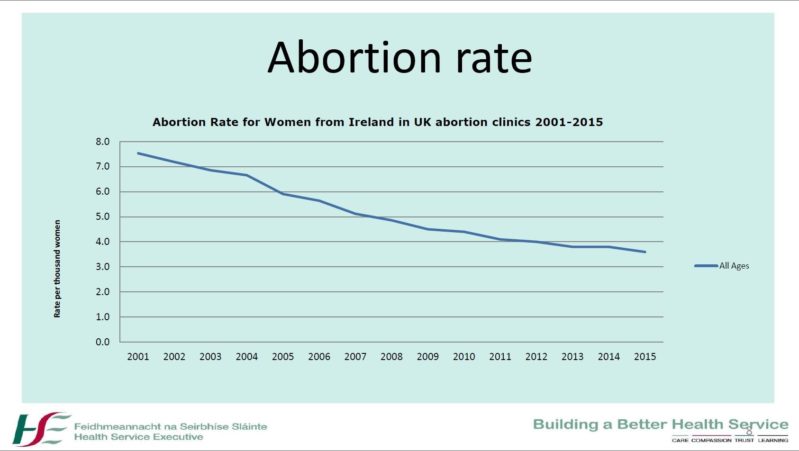
Pro-choice campaigners like to say that the public must be ‘protected’ against misinformation from the pro-life side. But they themselves are guilty of spreading misinformation, for example the claim that countries such as Ireland, which have restrictive abortion regimes, have rates of abortion higher than countries with liberal regimes.
Last week, the Guttmacher Institute, a pro-abortion organisation, released a long report which repeated this misleading claim. It is misleading for reasons I explained in a previous blog post.
The claim is very important in the context of the Irish abortion rate, because if a more restrictive law really did lead to a higher abortion rate, that would be a strong argument against our present law. But, to repeat, in respect of Western countries at any rate, the claim is false.
Guttmacher are definitively wrong with regard to Europe. No European country which has a permissive abortion law has a rate of abortion that is lower than countries with restrictive laws.
Abortion rates are complex phenomena depending on many factors. The legal status of abortion is only one of these factors and there is absolutely no evidence that liberalisation per se brings rates down.
What happened in England and Wales, for example, is quite typical: after legalisation, rates increased rapidly until a certain point and then have been fluctuating slightly. Current rates are more or less the same as 10 years ago, and are higher than 20, 30 or 40 years ago.
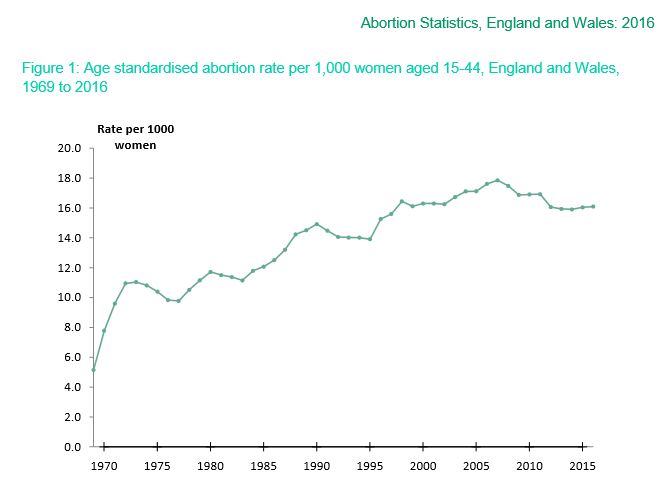
Something similar happened in Scotland, Spain and the Netherlands.
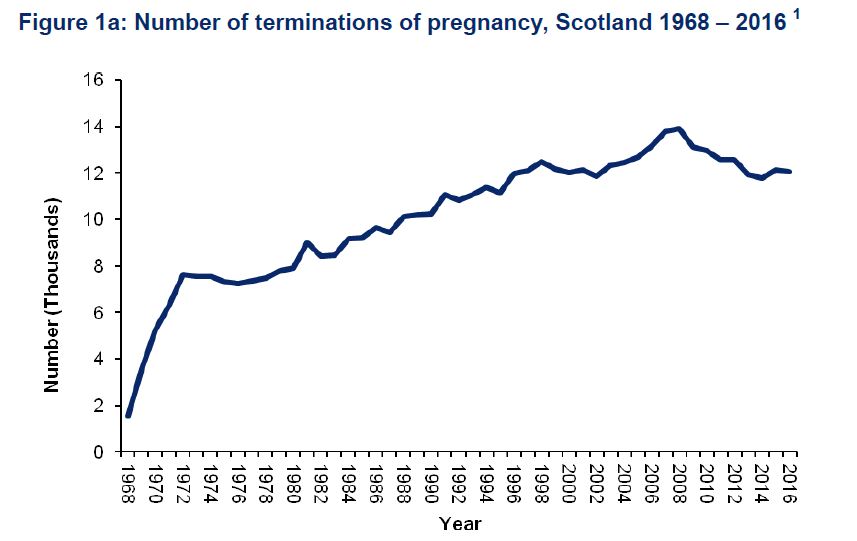
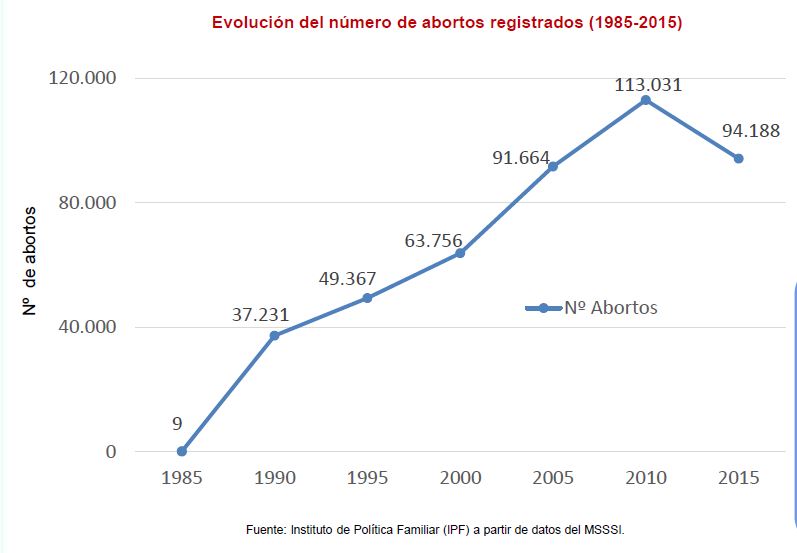
In the Netherlands, there has been a constant increase in the 1990s and since then rates are stable.
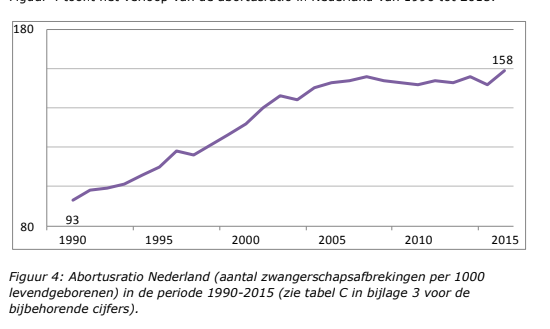
Abortion rates are going down worldwide, particularly in countries that are experiencing economic development.
In the Soviet Union and its satellite allies, for instance, abortion was a form of birth control and their rates were much higher than the rest of Europe. Since the collapse of Communism rates have gone down significantly. Nonetheless, the communist legacy is still present and only Poland, where the current law is quite strict, has now rates lower than the rest of Europe.
In their study, The Guttmacher Institute also perpetuate the erroneous claim that there is some causal link between the availability of contraception and lower abortion rates.
Recent research has proved this is not the case in Nordic countries.
The same claim was presented by the Oireachtas Committee on the Eighth Amendment in their final report where they said that “the introduction or liberalising of abortion in France, Italy and Turkey had reduced the number of terminations, mainly because of post-abortion contraception”. (3.12)
The official data from the Italian Minister for Health prove the opposite.
It is true that in Italy, after a peak in the 1980s, abortion rates are going down but there is no correlation with the use of contraceptives.
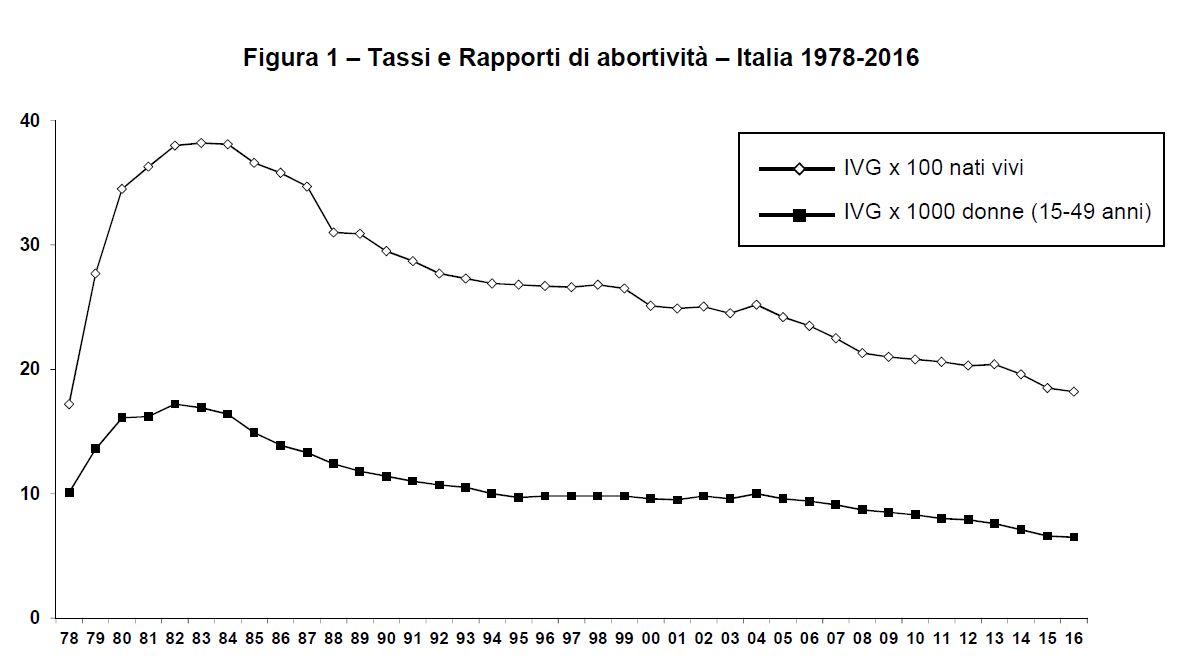
Compared with the rest of Europe, access to contraception in Italy is low. Note how high the UK is in the table below, and also how high its abortion rate is (one pregnancy in every five).
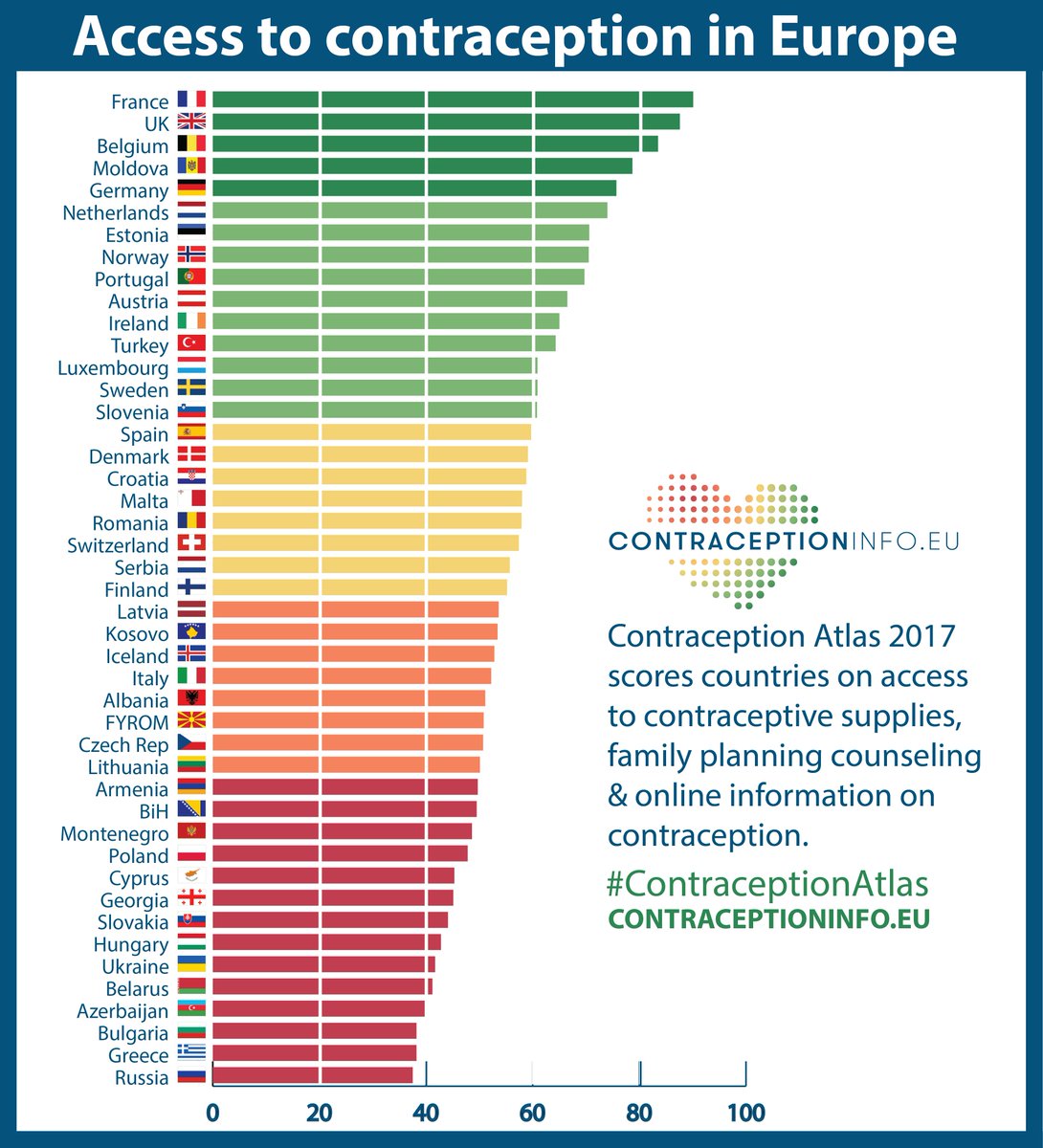
According to a table from the report of the Italian Minister of Health, only 12.5% Italian women used emergency contraception (the morning-after pill), compared to 61% in the UK and 59% in Sweden. If the number of abortions went down since the 1980s is not because of contraception.

If we exclude countries with restrictive abortion laws (Ireland, Poland, Malta), Italy has among the lowest rates in Europe. Lower than the Netherlands, than the UK, significantly lower than the Scandinavian countries that are always presented as models.
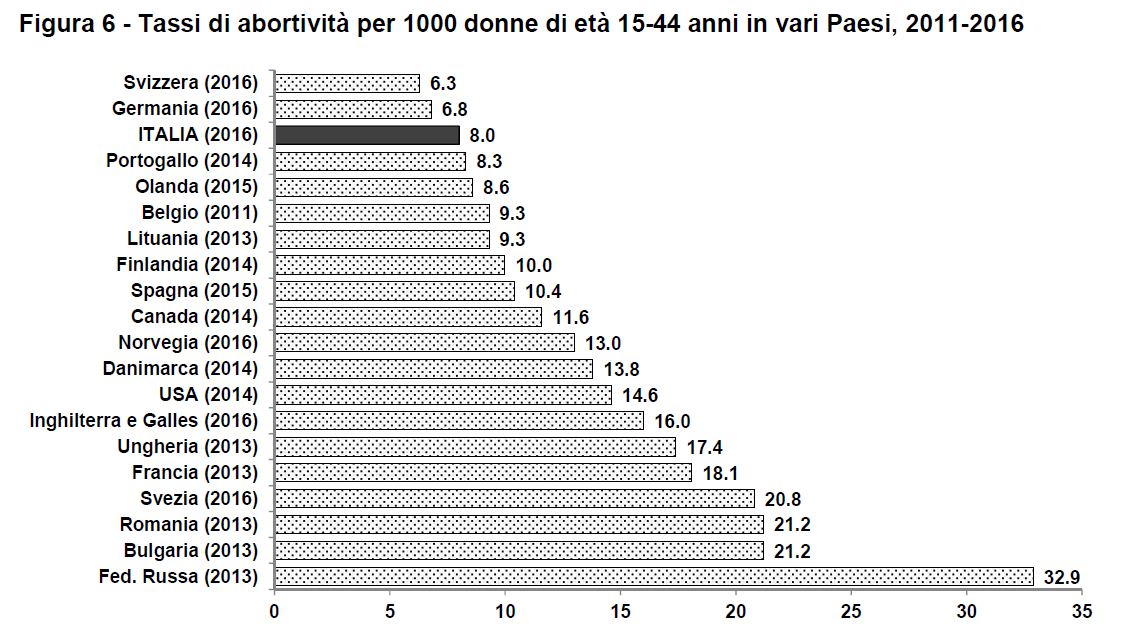
So why are the Italian abortion rates significantly lower than those of countries where contraception and contraception information is more accessible?
There are many cultural and sociological factors to be considered but family structure seems to play an important role.
The official report (p. 128) suggests that young people are somehow protected from risky behaviour as they leave their homes later, compared to other countries. Cohabitation, which means more precarious family arrangements, is also less prevalent.
Italy has also a very high percentage of conscientious objectors (more than 70% of doctors), a sign that a significant portion of society rejects abortion. (See https://ionainstitute.ie/abortion-rights-activist-target-conscientious-objection-with-false-information/)
If the Irish Government really wants to reduce the need for abortion, they should not rely on policies that have failed elsewhere but rather promote a strong family model.

